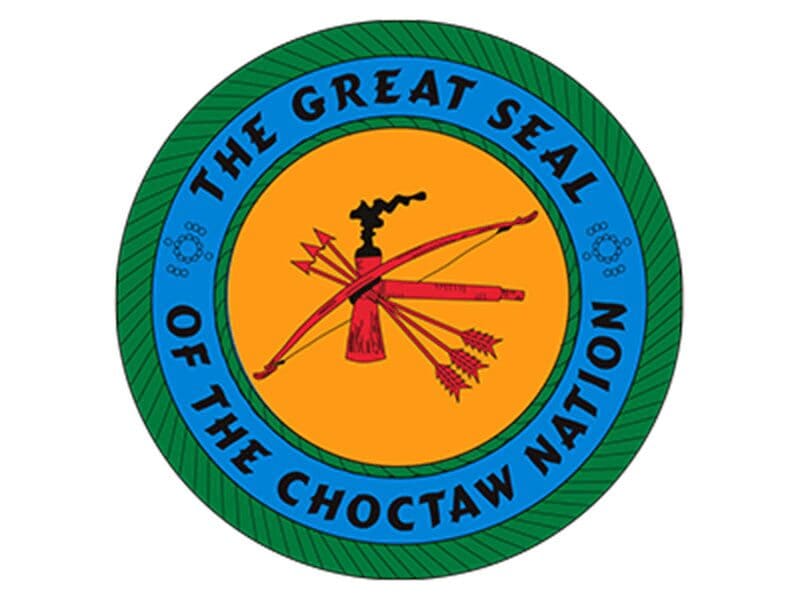By: Ben Winck
A handful of Native American tribes are using federal pandemic aid for new rounds of stimulus payments.
Across a handful of Native American tribes, stimulus checks are still rolling in.
The Choctaw Nation announced last week it will use funding from the American Rescue Plan to send additional relief payments, essentially a fourth stimulus check for its members. The Choctaw Nation isn’t the only tribe to send a fourth round of checks out; at least three other tribes have announced similar payment programs.
The payments practically serve as a new experiment with universal basic income. Instead of using federal funds for more specific relief programs like unemployment benefits, the tribe is betting that sweeping financial support will best serve its members.
All Choctaw members aged 18 and older can receive $1,000 annually for two years starting next month, while those younger than 18 can receive an annual payment of $700 for two years, according to a press release. Recipients must apply for the payments and attest they were negatively impacted by the coronavirus pandemic.
Members 55 and older and those aged 18 to 54 with disabilities started receiving a monthly allowance of $200 on August 16.
The collection of programs will cost roughly $627 million over two years, a spokesperson told Bloomberg. That’s just over half of the $1.1 billion the Choctaw Nation received from ARP. The March stimulus package allocated $20 billion to tribal governments.
The payments mimic those already sent three times to most Americans through a series of stimulus packages. The relief checks were quickly regarded as a trial of UBI, in that they covered day-to-day expenses for countless people harmed by circumstances out of their control. The checks have also been extremely popular, leading some areas to double-down on testing UBI.
Stimulus check 4.0
Other Native American tribes have rolled out similar relief payments in recent weeks. The Osage Nation announced on August 4 it would send up to $2,000 to enrolled members who were impacted by the virus’s economic fallout. The Cherokee Nation is making one-time payments of $2,000 available to all members regardless of age or residency.
The Navajo Nation is extending the payment program created from the CARES Act of 2020 with funds from ARP. Applications will close at the end of September and all Navajo members who experienced “hardship” due to the pandemic are eligible.
The continued use of relief payments suggests stimulus checks could be the go-to in times of economic decline. Analysis of the payments’ effectiveness by the University of Michigan found they dramatically cut down on food insecurity and financial instability throughout the pandemic. Measures of consumer spending also shot higher after each wave of stimulus checks was sent.
The recent surge in Delta cases has prompted some questions on whether a fourth round of checks could be approved. The virus’s resurgence has already slowed the economic recovery. And while parents continue to receive support from the child tax credit, the monthly payments are much smaller than the $1,400 checks approved in March.
Still, the odds of more checks are low. The White House punted on the topic in May, with press secretary Jen Psaki saying in May that the decision is up to Congress. The payments “are not free,” she added.
In a select few Native American tribes, however, direct payments are alive and well. And as the Delta wave intensifies further, the nations could be one step ahead in bracing for more economic damage.
_________________________________________________________
Originally posted in Business Insider: https://www.businessinsider.com/stimulus-checks-choctaw-nation-relief-payments-native-americans-ubi-experiment-2021-8?amp
















